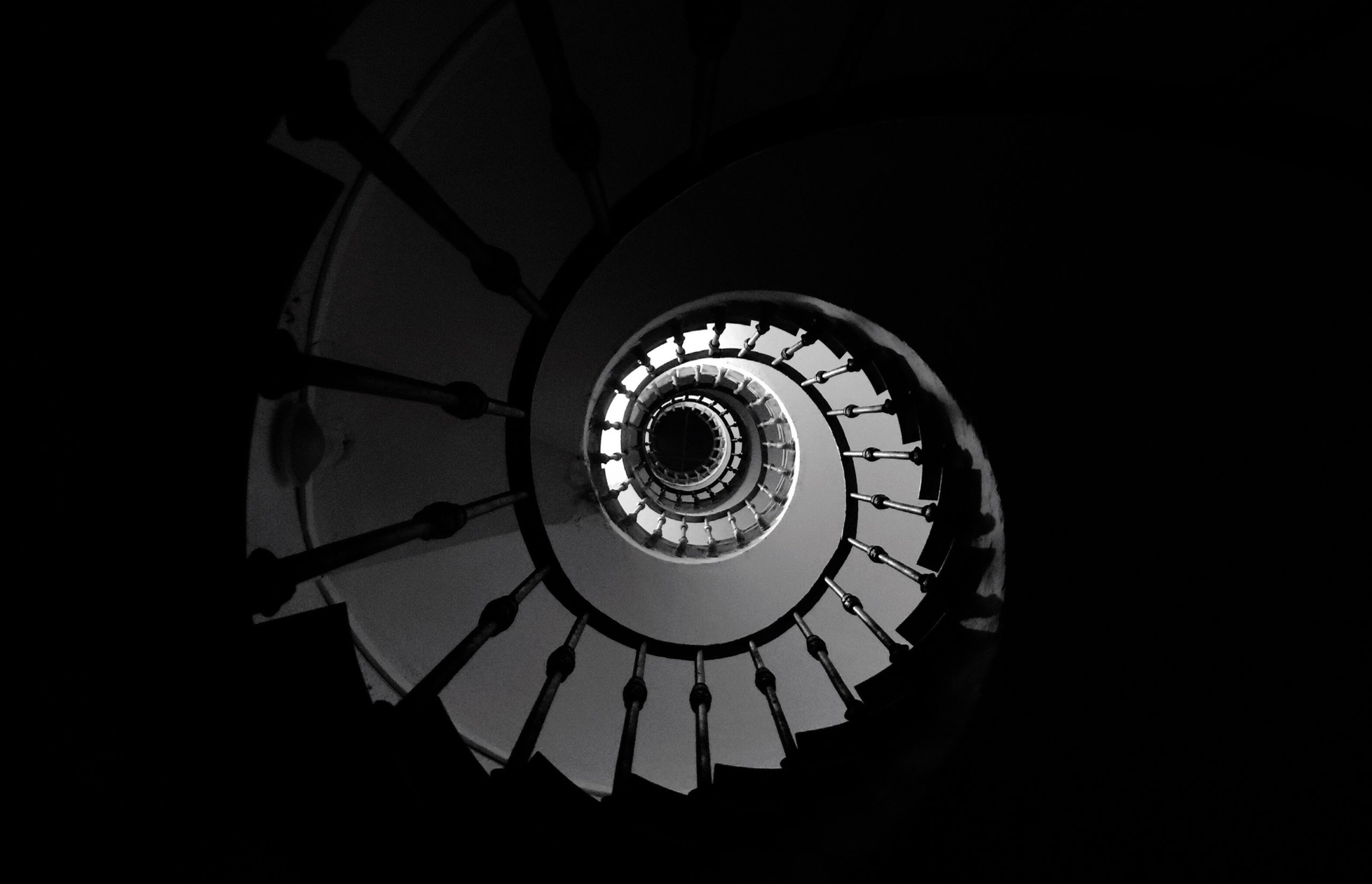Long-term impact: COVID-19 and the British Jewish community
Long-term impact: COVID-19 and the British Jewish community
The Jewish community in the UK have suffered significantly from the impact of COVID-19. Find out more about the difficulties British Jews faced and the long-term effects that the pandemic may have on these communities.
The coronavirus pandemic has had an impact on all religious and cultural communities in the UK, changing how everyday life is practised.[1] British Jewish communities have suffered significantly from the effects of COVID-19. Death rates amongst British Jews were very high compared to other faith communities and the normal practices of Jewish religious and communal traditions were altered.[2] [3]
This article will examine the different ways in which the pandemic has affected British Jewish communities. It will look at the difficulties the virus has presented amongst communities, examples of positivity during these dark times, and the long-term effects that the pandemic will leave for British Jews.
A significant impact
When COVID-19 began to spread more rapidly in the UK in mid-March 2020, cases amongst British Jews were particularly high. Devastatingly, many of these cases resulted in death and data shows that there was a 127% increase in Jewish burials in the UK between March and May 2020.[4] Specifically, the Orthodox Jewish community in London experienced one of the highest rates of coronavirus infection recorded anywhere in the world, with the overall infection rate at 64%.[5]
The Office for National Statistics (ONS) revealed in June 2020 that “Jews had elevated mortality from coronavirus” compared to British Christians, likely due to the close-knit, communal nature of Jewish communities and above-average family size.[6] [7] However, considering that British Jews are ‘longlifers’ and have been described as a group ‘with especially low mortality’, the increased death rate created significant shock and upset.[8]
Moreover, like other religious communities, the normal celebration of key Jewish festivals was put on hold and Jews had to find new ways to celebrate. While many synagogues moved services online in an attempt to connect those who were apart, for strictly Orthodox Jews who cannot use electricity on Shabbat (holy day) or religious festivals, online streaming was not possible.[9] Therefore, the impacts of the pandemic on British Jews have been wide ranging and life changing.
Resisting the rules
The high death rate within British Jewish communities inevitably made many Jews incredibly worried about the threat of the virus. As the pandemic worsened, the majority of British Jews did their utmost to change their lives to follow the lockdown restrictions and keep each other safe.
Yet, worries were increased by the actions of some Jewish communities who did not let government coronavirus restrictions get in the way of their religious and cultural practices. In March 2020, some Jewish leaders feared that pockets of the UK’s ultra-Orthodox community were not receiving the necessary warnings. In Stamford Hill, an area of north-east London, some synagogues remained open and social distancing was not enforced.[10]
Moreover, during the UK’s third lockdown in January 2021, when only six attendees were allowed at weddings, the police were called to a Haredi Jewish wedding party in Stamford Hill.[11] 150 guests were gathered and the organisers faced a £10,000 fine for breaking lockdown rules. Chief Rabbi Ephraim Mirvis said the event was “the most shameful desecration of all that we hold dear.”[12] Moreover, several whistleblowers informed Jewish News[13] that these rules were “being routinely flouted” and dozens of large weddings had taken place.[14]
Furthermore, many ultra-Orthodox Jewish schools continued to operate during lockdowns even though the government guidelines stated that only vulnerable children were allowed to attend school. A teacher at a Haredi school in the Manchester area said: “Schools are running at 100% capacity. The guidelines are vague, and it’s up to the headteachers’ discretion.”[15]
Coming together
However, despite such transgressions of the rules, some British Jews felt that the media unfairly covered these events which resulted in stigmatisation of all Jewish communities. Rabbi Levi Schapiro, a founding director of the Jewish Community Council of North London, condemned the illegal wedding in Stamford Hill and said “their actions were not representative of everyone.”[16] But all the media attention and condemnation of the wedding ‘unfairly masked the sacrifices’ made by the majority of Jewish communities.[17]
In fact, some Jews went above and beyond to help their community and create light during such dark times. For example, to celebrate Rosh Hashanah,[18] socially-distanced shofar blowing[19] took place in driveways in Elstree and Borehamwood with 1,300 people registering to attend this religious celebration.[20] Rabbi Levi Schapiro helped launch a food programme to feed Haredi families who had lost their income or been bereaved.[21] Moreover, drive-in candle lighting events were held in Manchester to celebrate the festival of Hanukkah.[22]
“Jewish life must change forever”[23]
These examples highlight the kindness of many British Jews who have sought to bring a sense of community and support in the face of adversity. However, inevitably, Jewish life has changed dramatically. Speaking about the pandemic in March 2021, Chief Rabbi Ephraim Mirvis said that whilst it has created a “fundamental rupture” in communal life, it has also led to a “historic moment” to consider what comes next for British Jewish communities.[24]
Therefore, what will the future hold for British Jews, post pandemic? The Chief Rabbi urges Jewish communities to take full advantage of the ‘Zoom revolution’ that allows Jews from around the world to connect.[25] The Institute for Jewish Policy Research also suggests that support and donations to local synagogues, that are the “main mechanism fuelling Jewish life,” are essential.[26] Moreover, better mental health services within the Jewish community to manage increased demand since the pandemic began, is a necessity.[27] As British society begins to open up again, it is clear that the coronavirus pandemic has fundamentally altered British Jewish communities. But, hopefully, a positive future lies ahead.
Interested in similar topics? Go to our Dashboard and get free updates.
Sources
[1] Keeping the faith: religion in the UK amid coronavirus
[2] Jewish deaths in UK more than double amid pandemic, data shows
[3] SOAS Leads the Conversation: COVID-19 in UK Jewish Communities
[4] Jewish deaths in UK more than double amid pandemic, data shows
[5] Orthodox Jews in London have one of world’s highest rates of Covid infection, says study
[6] JEWS AND CORONAVIRUS IN ENGLAND AND WALES
[7] JEWS AND CORONAVIRUS IN ENGLAND AND WALES
[8] JEWS AND CORONAVIRUS IN ENGLAND AND WALES
[9] Coronavirus: Why it could be a ‘lonely time’ for Jewish families
[10] Jewish leaders fear ultra-Orthodox Jews have missed isolation message
[11] Covid: Wedding party in Stamford Hill broken up by police
[12] Covid: Wedding party in Stamford Hill broken up by police
[13] Jewish News is a free weekly newspaper, established in 1997, that serves the Jewish communities of Greater London.
[14] JN Investigation: ‘For months they’ve broken every rule in the book’
[15] Large weddings, packed schools: concern as some Haredi Jews ‘flout England lockdown’
[16] Illegal weddings mask sacrifices made by Orthodox Jewish community, Rabbis say
[17] Illegal weddings mask sacrifices made by Orthodox Jewish community, Rabbis say
[18] Rosh Hashanah is the Jewish New Year.
[19] The shofar is a musical horn, normally made of a ram’s horn. The shofar is blown as a ritual performed by Jews on Rosh Hashanah.
[20] 1,300 register for Chabad shofar blowings in Elstree and Borehamwood
[21] Illegal weddings mask sacrifices made by Orthodox Jewish community, Rabbis say
[22] How Jewish communities will start celebrating Hanukkah tonight during a pandemic
[23] Chief Rabbi: Jewish life must change forever
[24] Chief Rabbi: Jewish life must change forever
[25] Chief Rabbi: Jewish life must change forever
[26] Moving beyond COVID-19:What needs to be done to help preserve and enhance Jewish communal life
[27] Moving beyond COVID-19:What needs to be done to help preserve and enhance Jewish communal life






